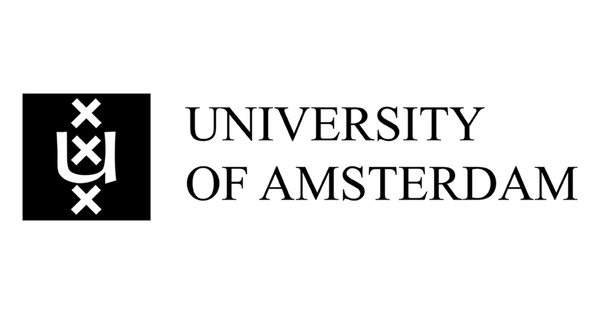This Master's programme in Ecology and Evolution combines the expertise of two universities: the VU and the UvA (University of Amsterdam). The VU organises half of the courses, the UvA the other half. Lecturers from both universities are involved in all courses. You will carry out two research projects and create your personal scientific profile dependent on the courses and specialization you choose.
You will be taught in English. The two-year programme offers you a broad package of courses and research projects, forming the theoretical foundation of the Master's degree and providing you with the necessary professional skills. You’ll share classes with students from the partner university. The teachers are enthusiastic and will motivate you and tell you about their field with a lot of passion. Due to the small scale of the programme, there is a lot of personal contact between teacher and student.
Students of each university are automatically registered as ‘bijvakstudent’ (external student) at the other university.
Degree
If you have registered at the VU and successfully completed the programme, you will obtain an MSc in Ecology and Evolution. If you’ve registered at UvA, you’ll obtain an MSc in Biological Sciences. In both cases, the specialisation that you have chosen will be indicated on your degree, for example Research Specialisation in Ecology & Evolution.
The two-year programme is full-time, covering 120 EC (European academic credits); it has four components:
1. Compulsory courses (18 EC)
These include experimental design, statistical analysis and training in scientific writing as well as masterclasses.
2. Elective courses (12-18 EC from the list in the handout/study guide)
Detailed descriptions can be found in the Study Guide Ecology and Evolution. You can also consult this handout and/or the year schedule for an overview of all these courses.
Instead of these elective courses you can opt for courses from other Master’s programmes that have an ecological or evolutionary focus or otherwise fit your profile; these will need to be approved by the Examination Board.
3. Research projects (total: 72-78 EC, depending on your credit points from the elective courses)
You’ll carry out two research projects/internships, with a minimum duration of 30 EC. The two research internships account for 60-65% of the Master’s programme. By actively participating in a current research project, you’ll be able to put your newly acquired knowledge and research skills into practice. You’ll also gain valuable work experience and obtain a good impression of the future field of action; this will also form the starting point for a future professional network. You will have access to extensive guidelines to help you organise and complete your internships.
To ensure quality, your first internship will be carried out at the VU or the UvA. While it is not obligatory, we encourage you to complete the second internship at a university or research institute elsewhere, either in the Netherlands or abroad. Both projects should address an ecological or evolutionary issue. You might want to focus on a project that takes a molecular approach for example, or an ecophysiological or behavioural approach, or one that is theoretical, or based on ecosystems; or a combination of different approaches. A socially oriented project is also possible, as long as it deals with an ecological or evolutionary problem, and conforms to the required academic level, including clear research questions and proper supervision.
4. Literature thesis (12 EC)
You’ll write a literature review that focuses on a fundamental ecological question; this may take a more applied or societal approach.
The start date of this programme is September 1st.
You can read more about the Ecology Master's programme and course descriptions in the study guide.

